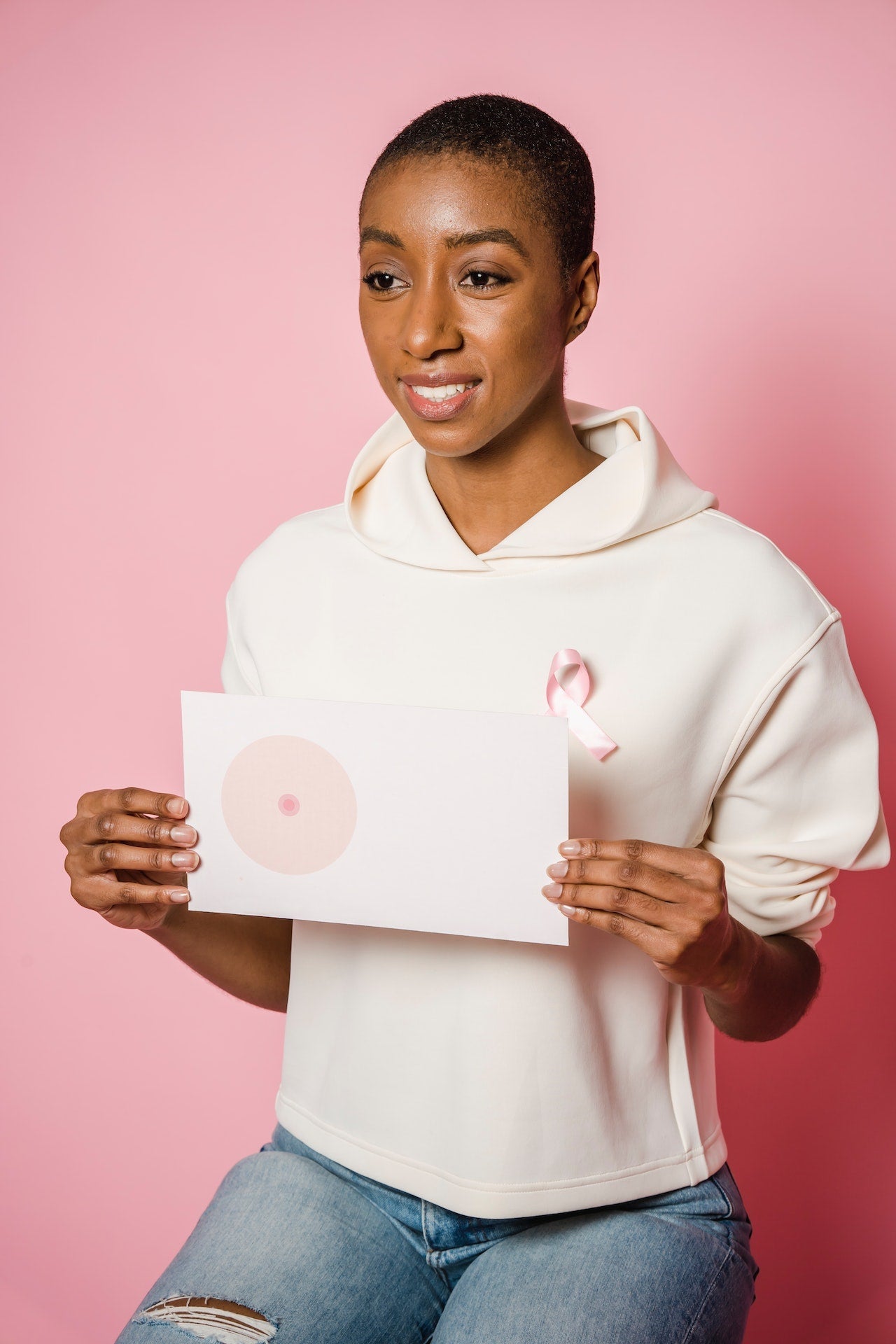
Breast Cancer Breakthrough!
We’ve known for quite some time using hormones in medical treatment is an incredible way to help treat a variety of conditions and diseases.
In fact, that’s why the physicians at Health As It Ought To Be and our clinical practice, Robinhood Integrative Health, focus on Bio-Identical Hormone Replacement Therapy, because we believe the value of hormone treatment is that powerful and effective.
One of the more promising uses of hormone treatment has recently been found and involves one of the most common, as well as one of the deadliest, diseases in the United States.
Breast cancer.
Researchers at Montefiore Medical Center conducted a study to see how certain breast cancer tumors responded to hormone therapy versus chemo therapy.
Happily, they’re able to report their results are quite encouraging.
In an article published in the New England Journal of Medicine (NEJM), they demonstrated women who had a risk score of 11 or lower on an Oncotype Dx test could likely forgo chemo therapy in favor of hormone treatment to treat their cancer.
Remarkably, these women wouldn’t just be able to avoid the unpleasantness of chemo therapy, they could also expect to experience a 98% survival rate at 5 years as well as experience a 93.8% chance of being free of invasive breast cancer after 5 years.
To discover this, the first thing the researchers had to do was find out which women had the right kind of cancers to target.
According to Time Magazine:
The key to identifying these women lies with a gene-based test called Oncotype Dx, which scans 21 genes in the tumor to create a dossier of the tumor’s strengths and weaknesses. The information helps doctors to determine how potentially aggressive, or not, a tumor might be.
Allowed on the market as a clinical laboratory test in 2004, it produces a recurrence score from 0 to 100 and helps doctors determine whether women should be treated with chemotherapy. Lower scores generally indicate that hormone-based drug therapies are enough, while higher recurrence scores push physicians to consider chemotherapy to lower the risk of the cancer returning.
At the present time, the researchers aren’t sure what the limit of recurrence scores and hormone treatment might be.
They hope that it might be much higher than they originally presumed which is why they conducted their study, called the Tailor x study.
The Tailor x study was designed to set a benchmark in how hormone therapy would treat tumors with a recurrence score of 11 or lower.
The initial findings were quite promising.
Time writes:
In the Tailor X study 10,253 women diagnosed with breast cancer that possessed hormone receptors (meaning the tumors would respond to hormone therapies) but had not spread to their lymph nodes and were anywhere from 1 cm to 1.5 cm in size. The tumors ranged from low grade, which are not as aggressive, to higher grade cancers, which tend to grow faster and contain more abnormal cells. Current guidelines suggest that younger women diagnosed with such breast tumors, or women with larger and higher grade tumors, receive both hormone therapy and chemotherapy to prevent recurrence.
But TAILORx randomly assigned women with an Oncotype Dx recurrence score of less than 11 to just take hormone therapy alone, and skip the chemo. About 16% of the women in the study fell into this category, and after five years, they did remarkably well. Not only did 99% of them survive to five years, but they had a less than 2% risk of having a recurrence either locally or in other parts of the body.
More to the point, those who respond well to the hormone therapy would have also received no benefit from chemo, the researchers concluded.
The researchers are hopeful hormone treatment will work to treat more aggressive tumors and admit they don’t know where to draw the line when it comes to which recurrence scores need chemo and which don’t.
Presently, they believe tumors with a score of 11 or higher are more aggressive in nature and so they imagine chemo is better for those kinds of tumors.
The good news is they’ve currently got a test underway to see how these aggressive tumors respond to hormone treatment.
The test in progress features women whose scores fall anywhere from 11-25 (where 70% of all breast cancer sufferers fall).
We certainly hope to see positive results from this new study.
Talk soon,
Dr. Wiggy
www.HealthAsItOughtToBe.com



